The Association of Southeast Asian Nations (ASEAN) has just released guidelines on AI (artificial intelligence) governance and ethics. This document serves as a guide for organizations in the region that wish to design, develop and deploy AI technology applications for commercial and non-military purposes.
The guidelines were released following the closing session of the 4th ASEAN Digital Ministers Meeting held in Singapore in early February to discuss emerging digital issues, including AI and cyber fraud.
The content of the guideline focuses on encouraging connectivity within ASEAN and promoting interoperability of AI technology across jurisdictions.

This document includes recommendations on national and regional initiatives that ASEAN Member States governments can consider implementing to design, develop and deploy AI systems responsibly.
These recommendations include nurturing and developing AI talent, upskilling the workforce, and researching and developing AI technology.
Regional proposals include the establishment of a working group to develop and implement common guidelines on AI governance and ethics. ASEAN also calls on technology companies to implement an AI risk assessment structure and AI governance training. Specific actions on this will be decided by companies and local regulators.
In fact, interest in artificial intelligence has exploded since the ChatGPT craze. OpenAI's virtual assistant has been a hit and has gone viral for its ability to conduct conversations with high-quality responses.
This is also the time when society begins to care about how to apply artificial intelligence, along with issues related to AI law and ethics, how to use artificial intelligence responsibly.

Source


![[Photo] Prime Minister Pham Minh Chinh receives Cambodian Minister of Commerce](https://vstatic.vietnam.vn/vietnam/resource/IMAGE/2025/4/28/be7f31fb29aa453d906df179a51c14f7)
![[Photo] A long line of young people in front of Nhan Dan Newspaper, recalling memories of the day the country was reunified](https://vstatic.vietnam.vn/vietnam/resource/IMAGE/2025/4/28/4709cea2becb4f13aaa0b2abb476bcea)

![[Photo] Special supplement of Nhan Dan Newspaper spreads to readers nationwide](https://vstatic.vietnam.vn/vietnam/resource/IMAGE/2025/4/28/0d87e85f00bc48c1b2172e568c679017)

![[Photo] Signing ceremony of cooperation and document exchange between Vietnam and Japan](https://vstatic.vietnam.vn/vietnam/resource/IMAGE/2025/4/28/e069929395524fa081768b99bac43467)
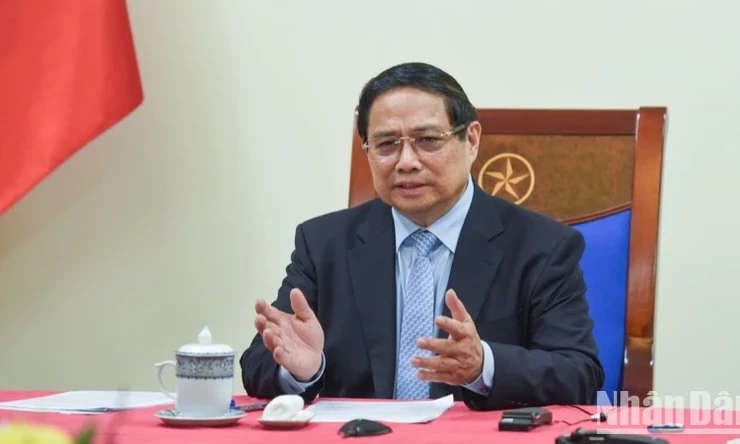

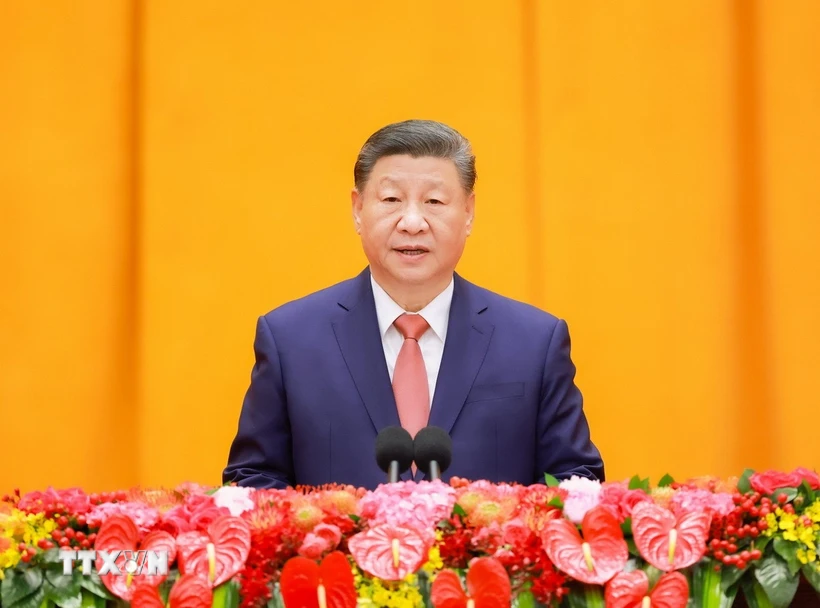

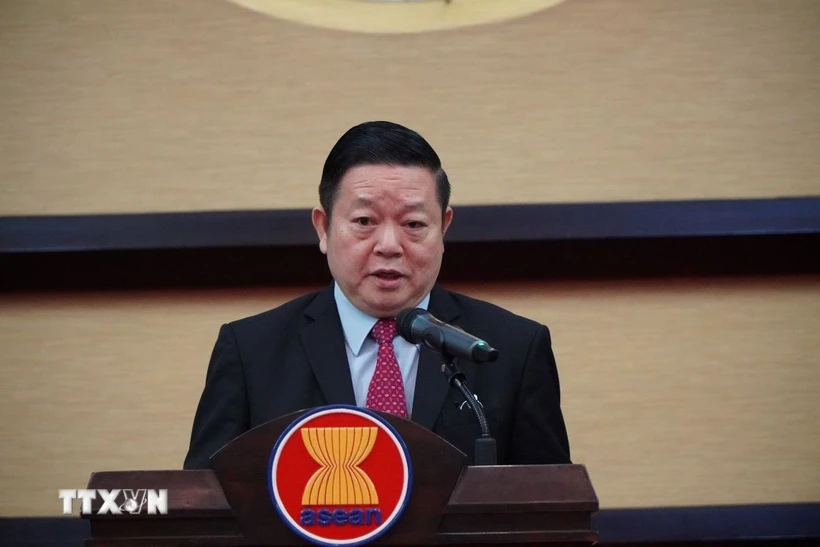









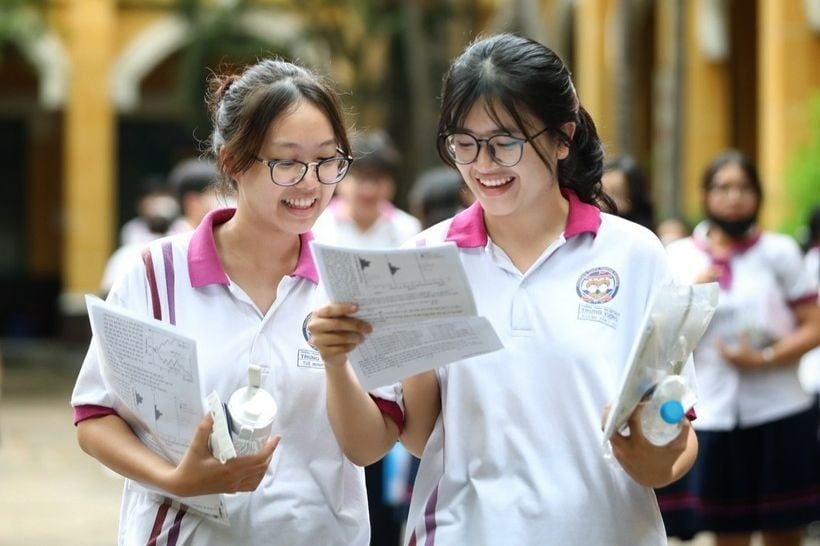







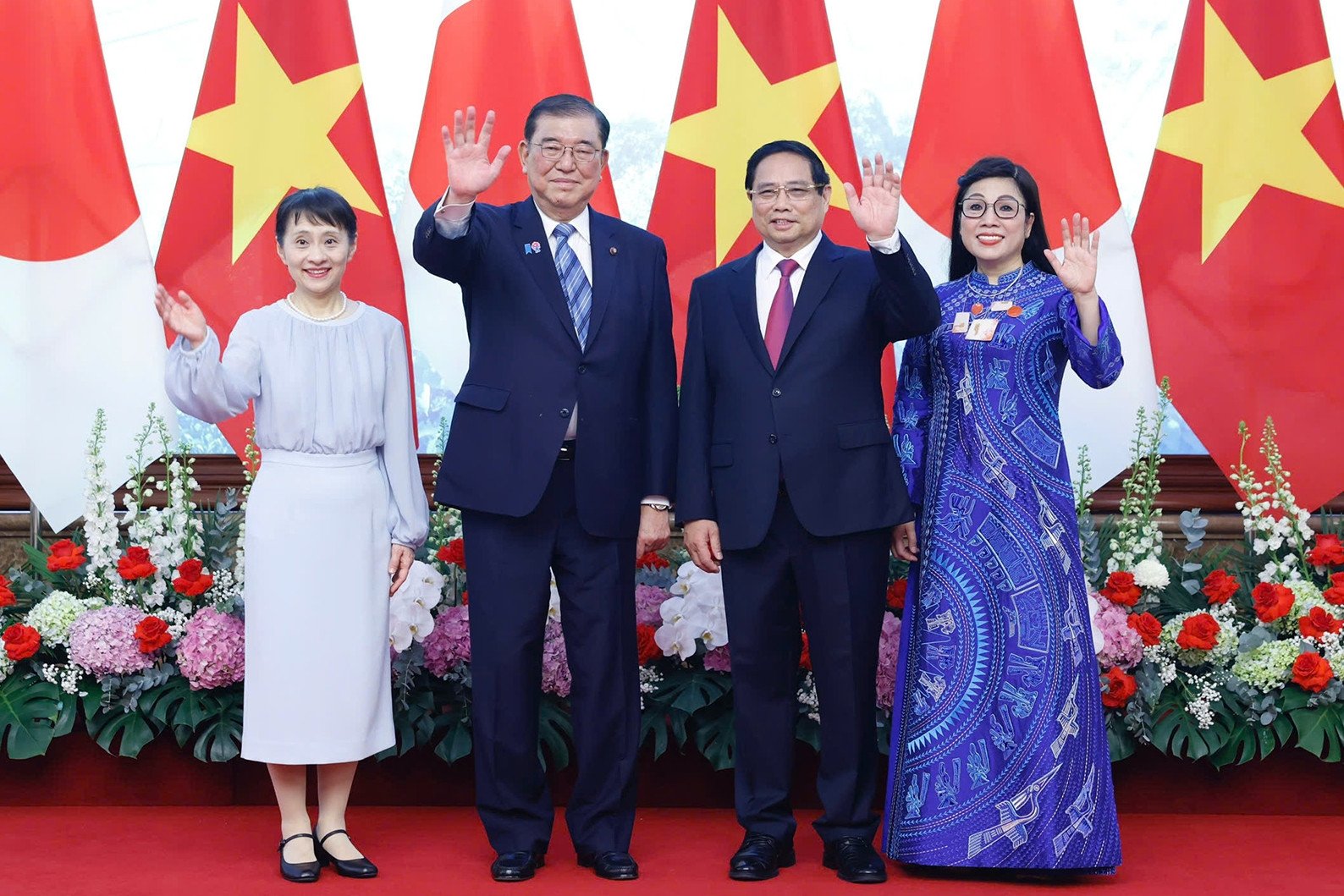

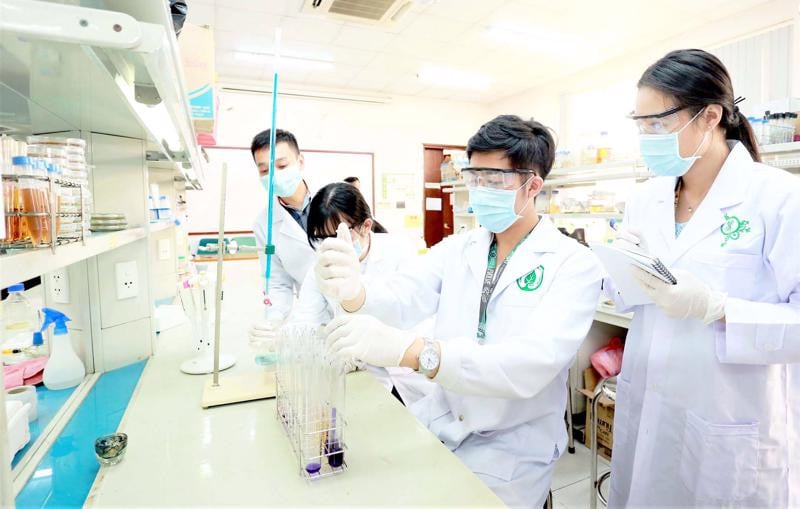
![[Photo] People lined up in the rain, eagerly receiving the special supplement of Nhan Dan Newspaper](https://vstatic.vietnam.vn/vietnam/resource/IMAGE/2025/4/28/ce2015509f6c468d9d38a86096987f23)







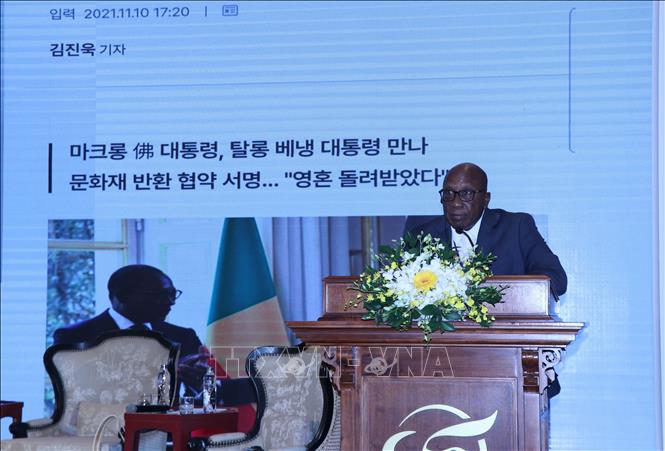




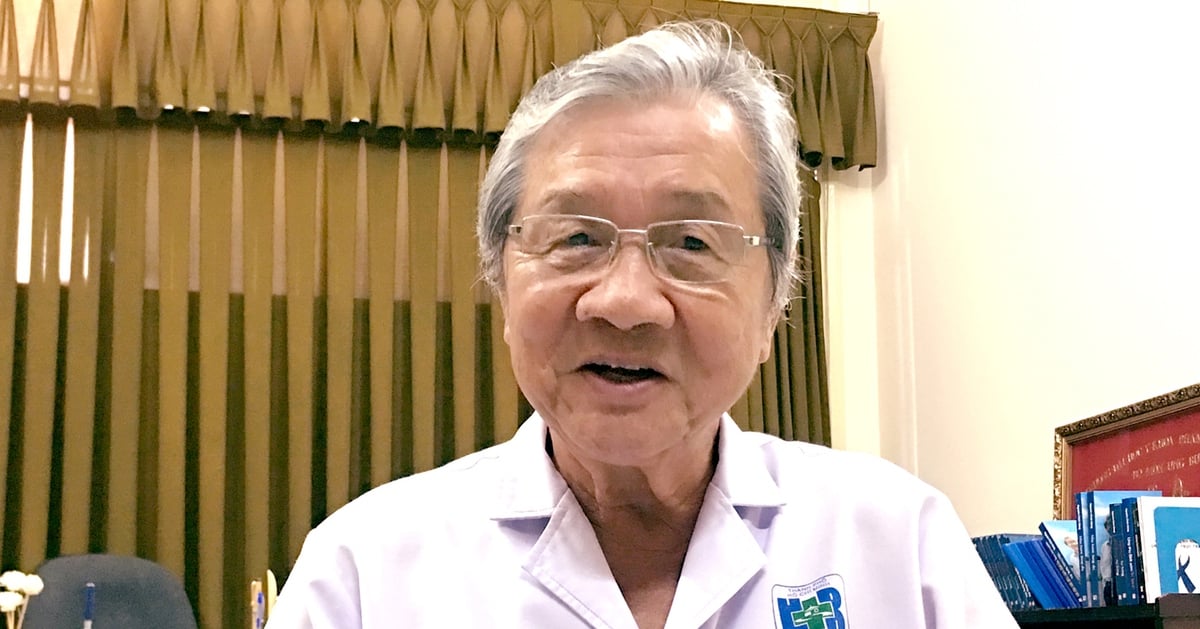











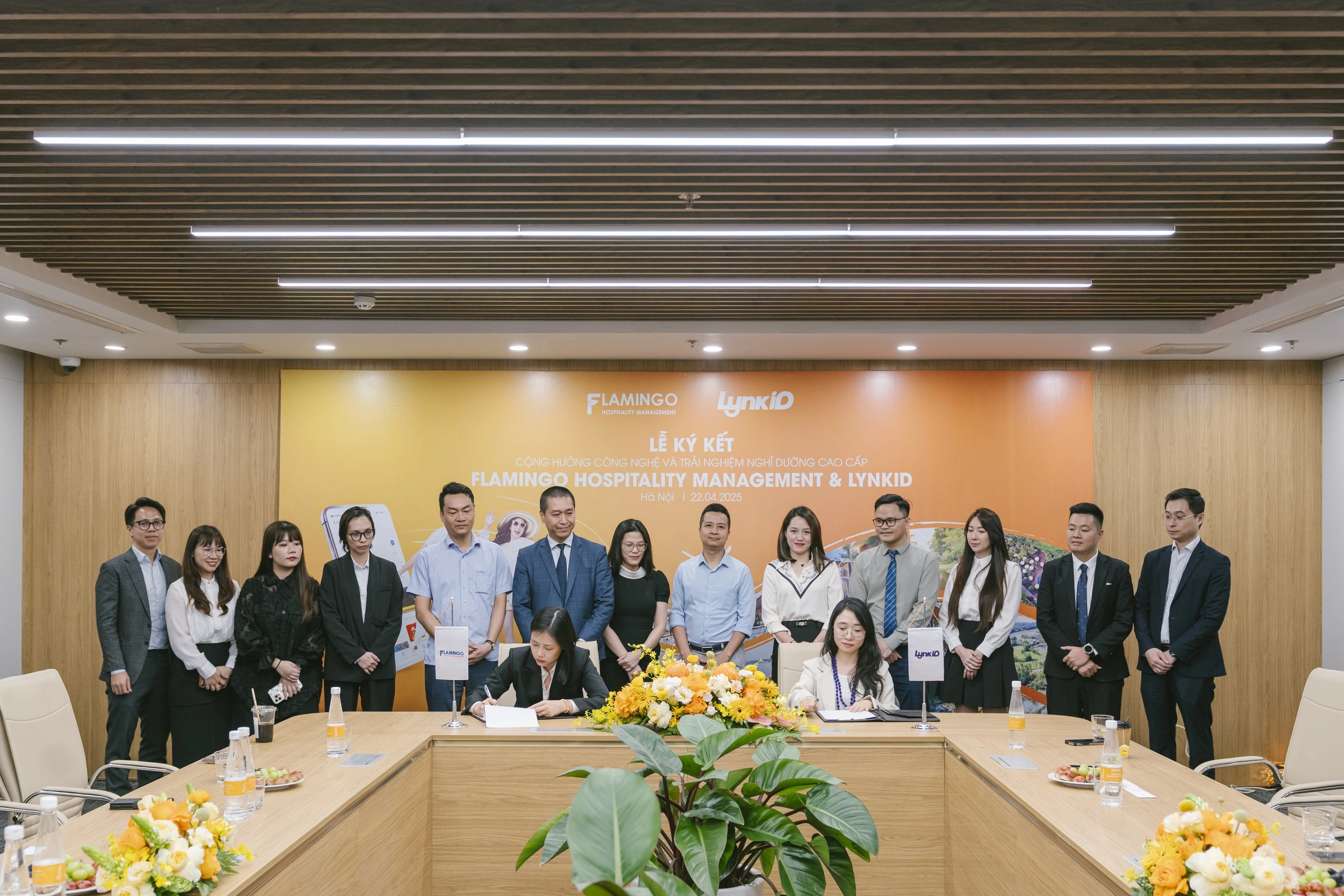
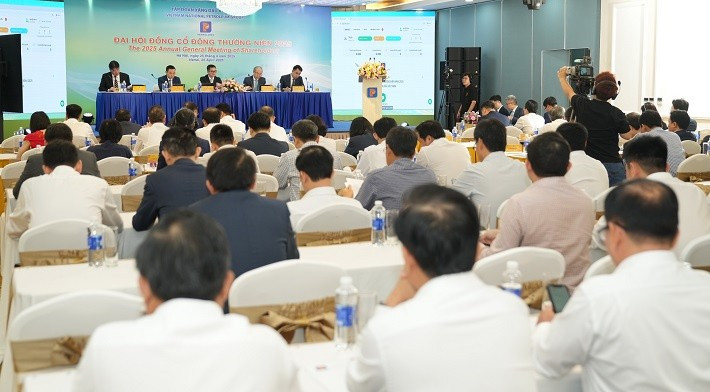



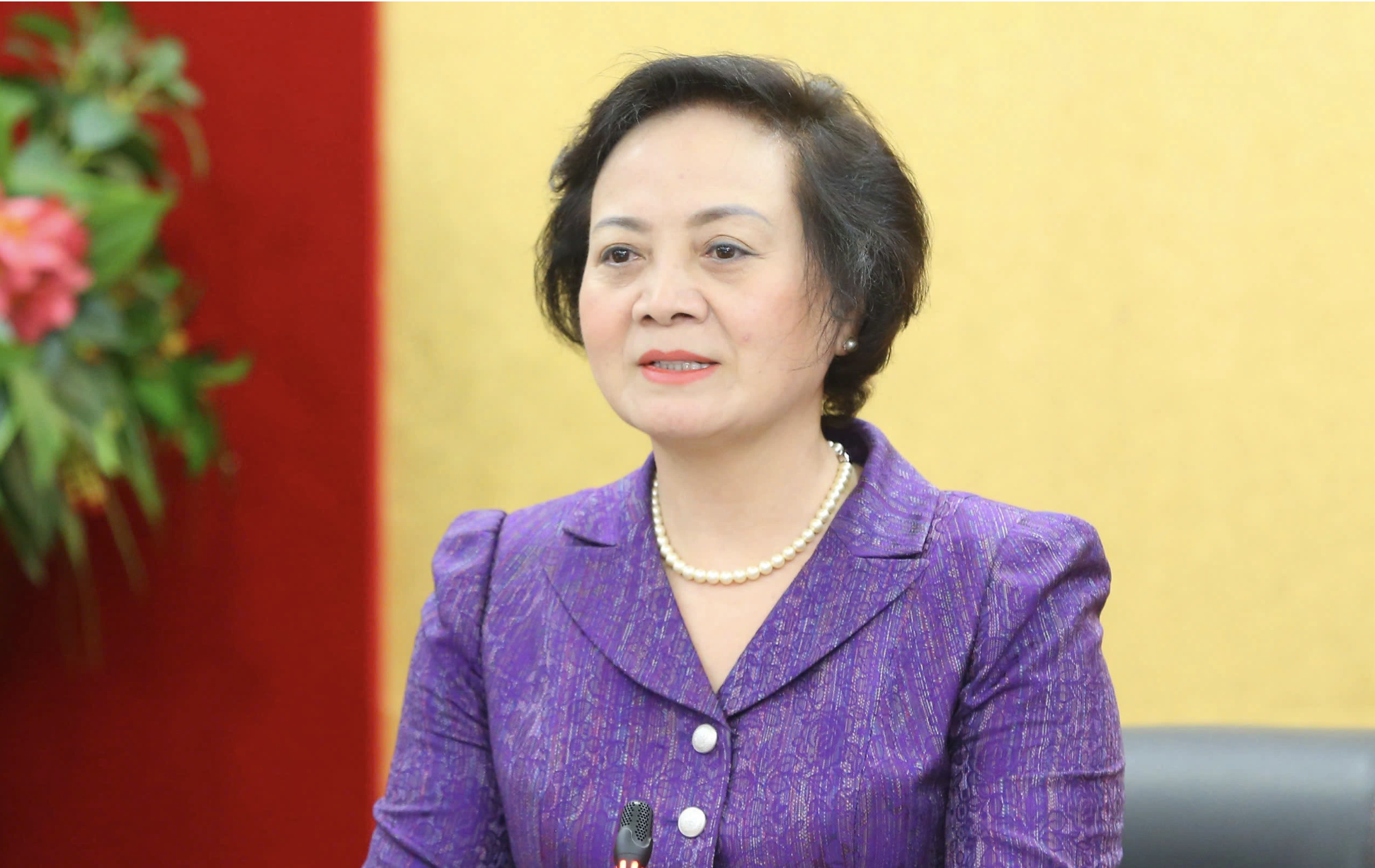






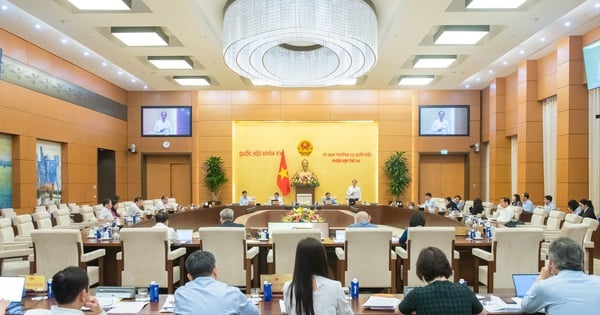










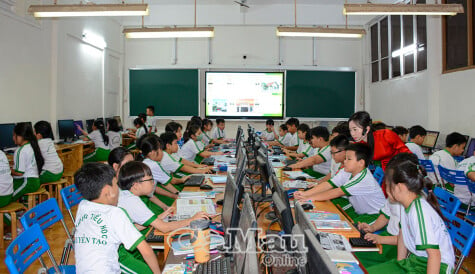






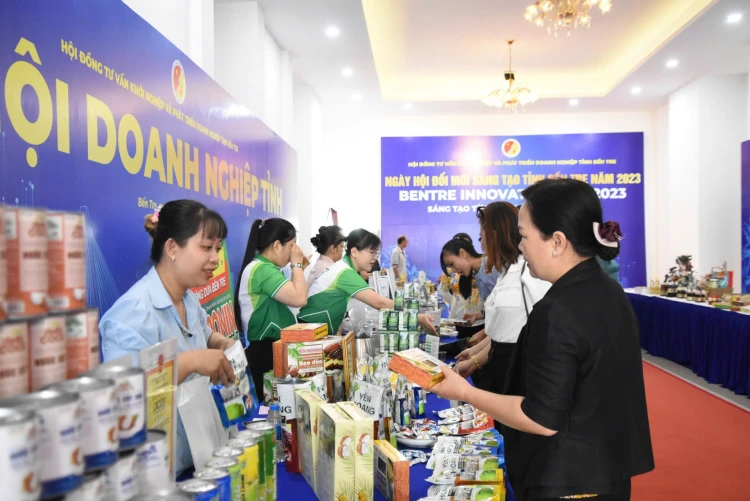




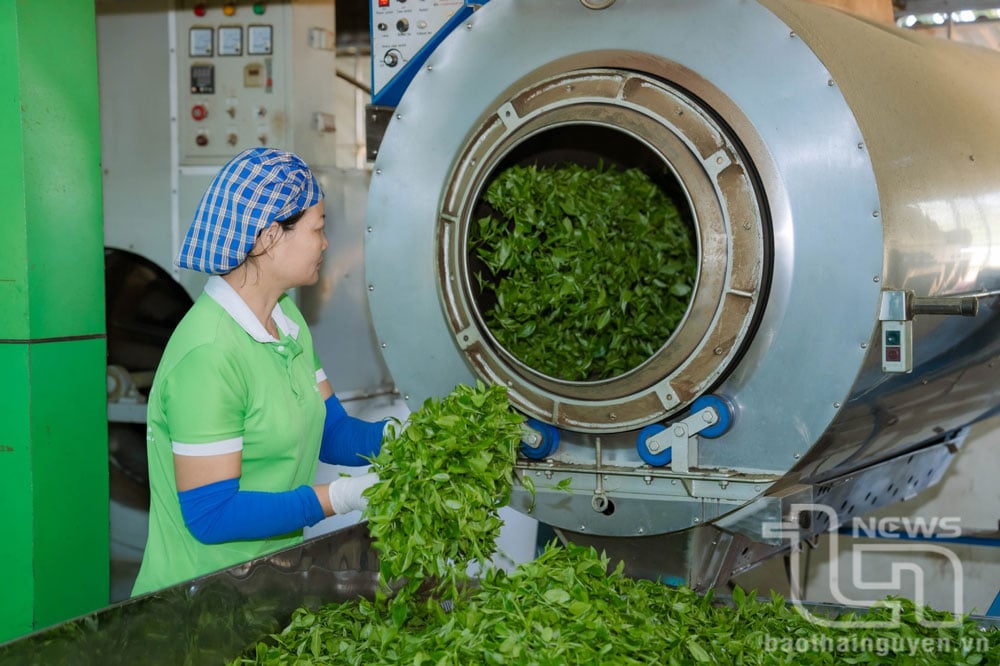

Comment (0)